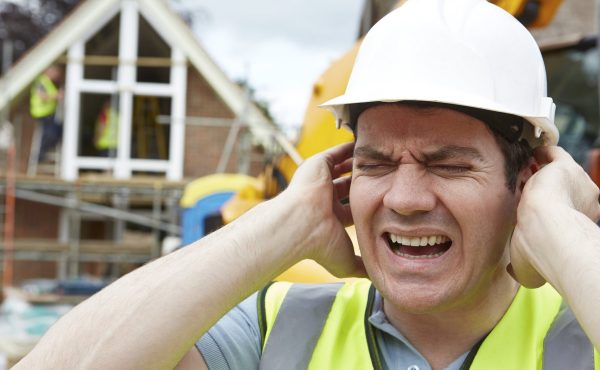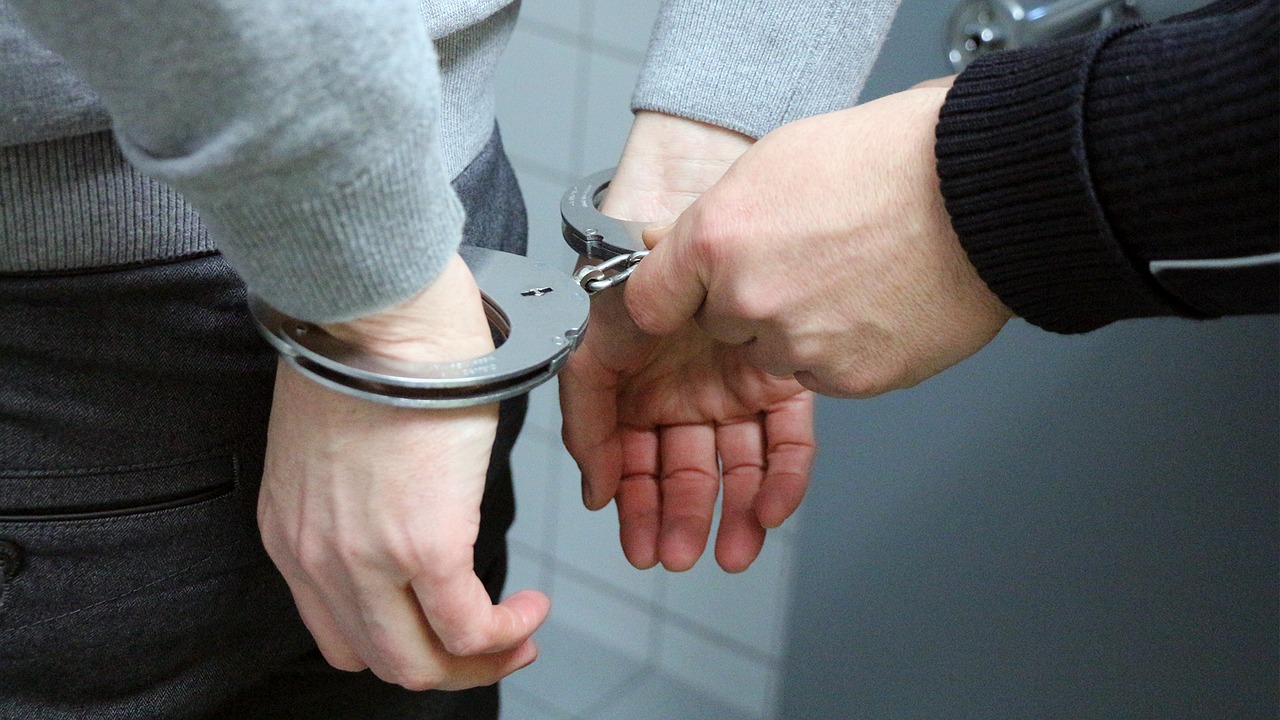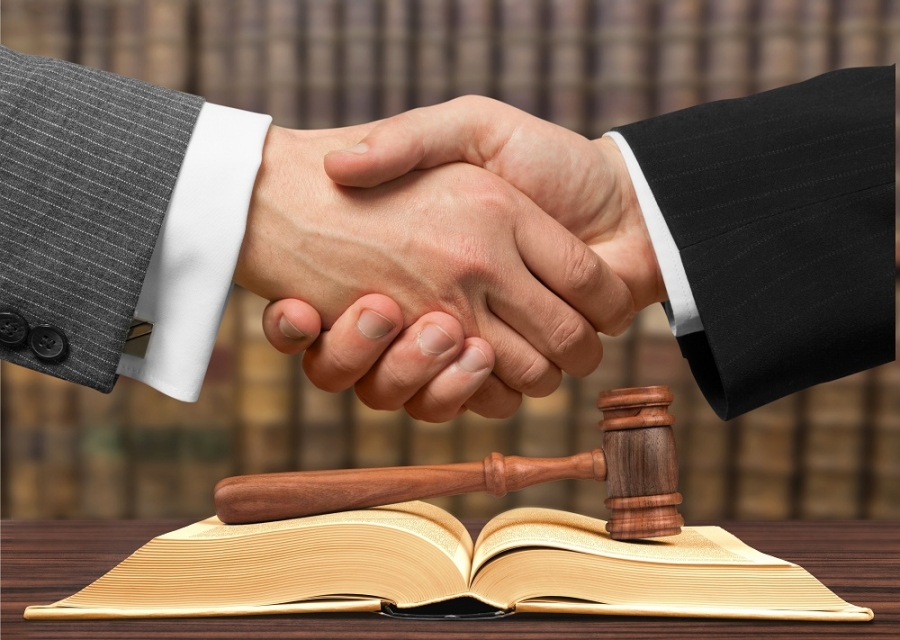It has been known for many years now that noisy environments can lead to hearing loss in later life. Some employers both past and present haven’t always taken this issue very seriously. As a result, many people working in engineering and manufacturing industries are now suffering with hearing loss that could have been prevented.

Industrial deafness can be caused by being in continually loud working environments over long periods of time as well as being exposed to regular sudden loud noises. Scientifically speaking, being exposed to regular noises of over 80dB can lead to industrial deafness. Consider then that a drill can create noise up to 110dB. It is easy to see how someone who works in a manufacturing operation where drills are in constant use, or indeed who operates the drill, is exposed to potentially damaging noise levels.
If you work in a noisy environment, then the HSE (Health and Safety Executive) have a number of guidelines in place that employers should be following to protect their employees. Ear plugs or defenders should be provided and the noise level should be monitored.
Noise-induced hearing loss will manifest as muffled hearing or perhaps you will be unable to hear noise at certain pitches. People with noise-induced hearing loss often lose the ability to hear high-pitched sounds such as doorbells and telephones. Many sufferers will also develop tinnitus, a whistling or humming in the ear which is continuous. If you have ever been to a loud concert and left with a ringing sound in your ear, this is what tinnitus is like. However, imagine if this sound never went away. It is easy to dismiss tinnitus as a nuisance but many people find that it affects their sleep and intrudes into every aspect of their life.
You may be able to use hearing aids to improve your hearing or perhaps get a tinnitus masker to help with the noise if you find it difficult to cope with. A tinnitus masker looks a little like a hearing aid but it fact plays sounds such as pattering rain, crashing waves or even a ‘white noise’ which should help you focus on something else, giving you relief from the whistling or humming.
Acoustic trauma is usually caused by incredibly loud and sudden noise such as an explosion. This will cause physical damage to the ear such as perforating the ear drum. This also counts as industrial or noise-induced hearing loss and you may be able to make a claim for it. This type of trauma to your ear is usually irreversible and will lead to permanent hearing loss or reduction.
If you are working in or have previously worked in a noisy environment where the HSE directives were not followed and you were not provided with ear-defending equipment or advised on how to protect your hearing, you should speak to someone about making industrial deafness claims.
Paul Burnaby is an experienced writer with a particular expertise in legal claims. He has been writing for websites and print media for over 15 years.





